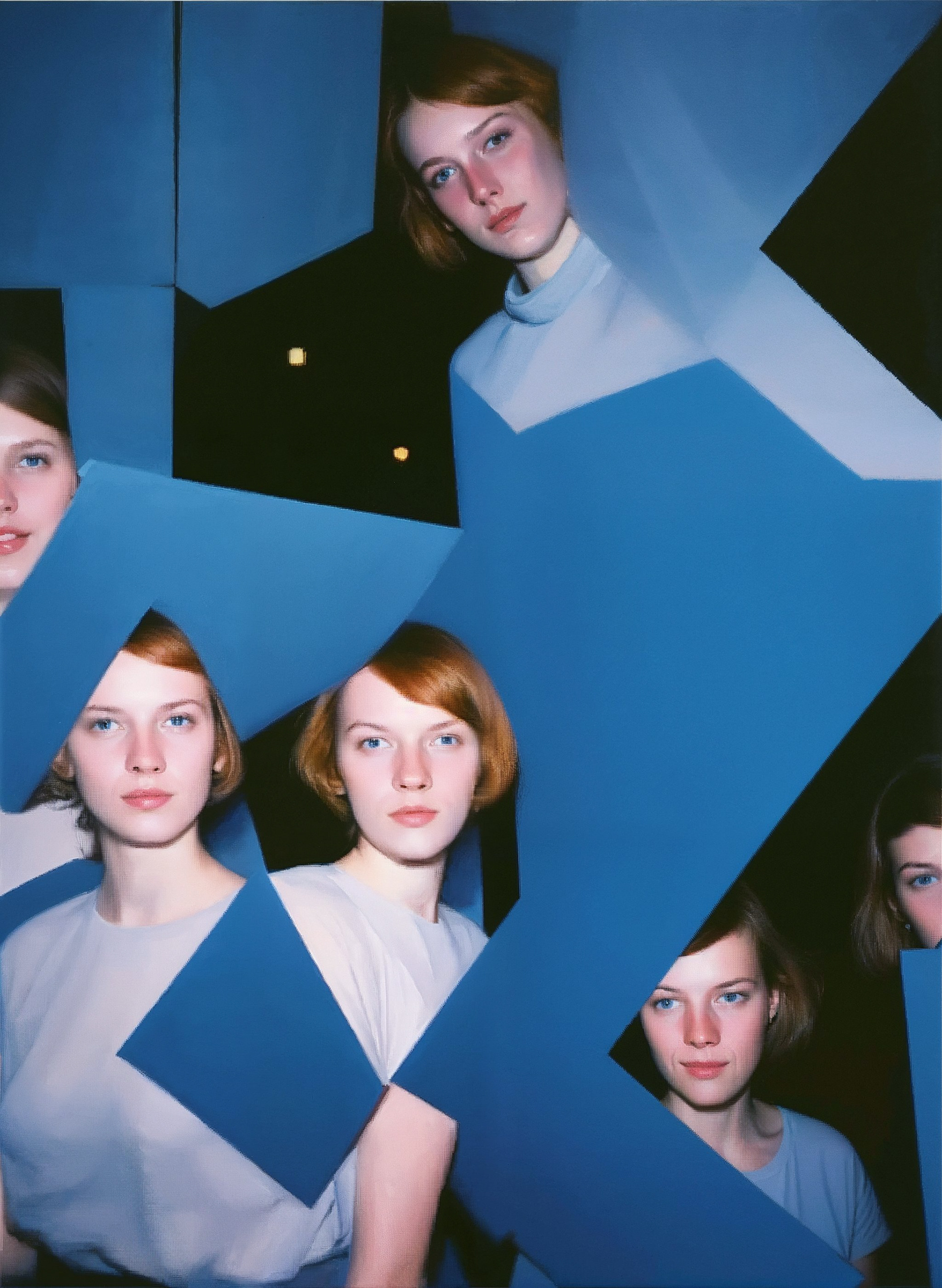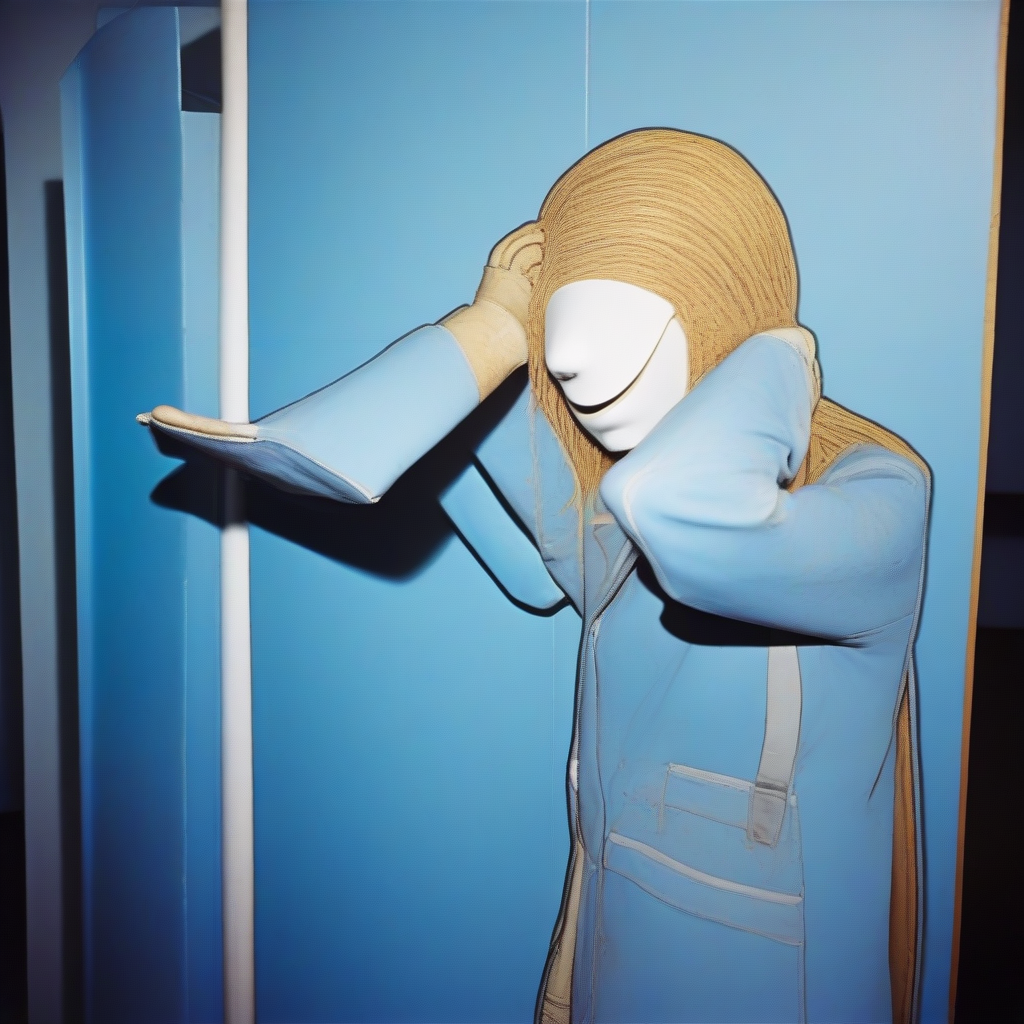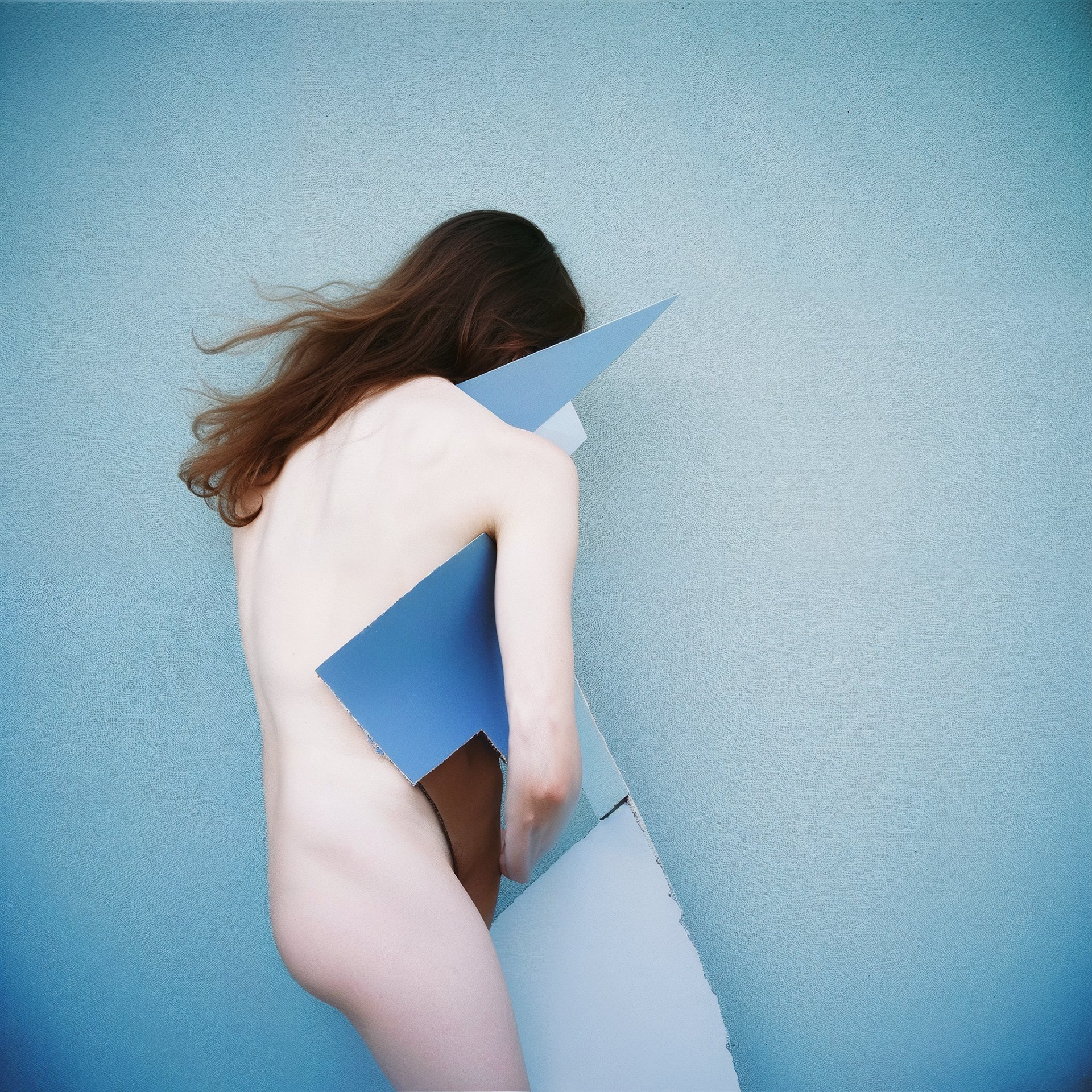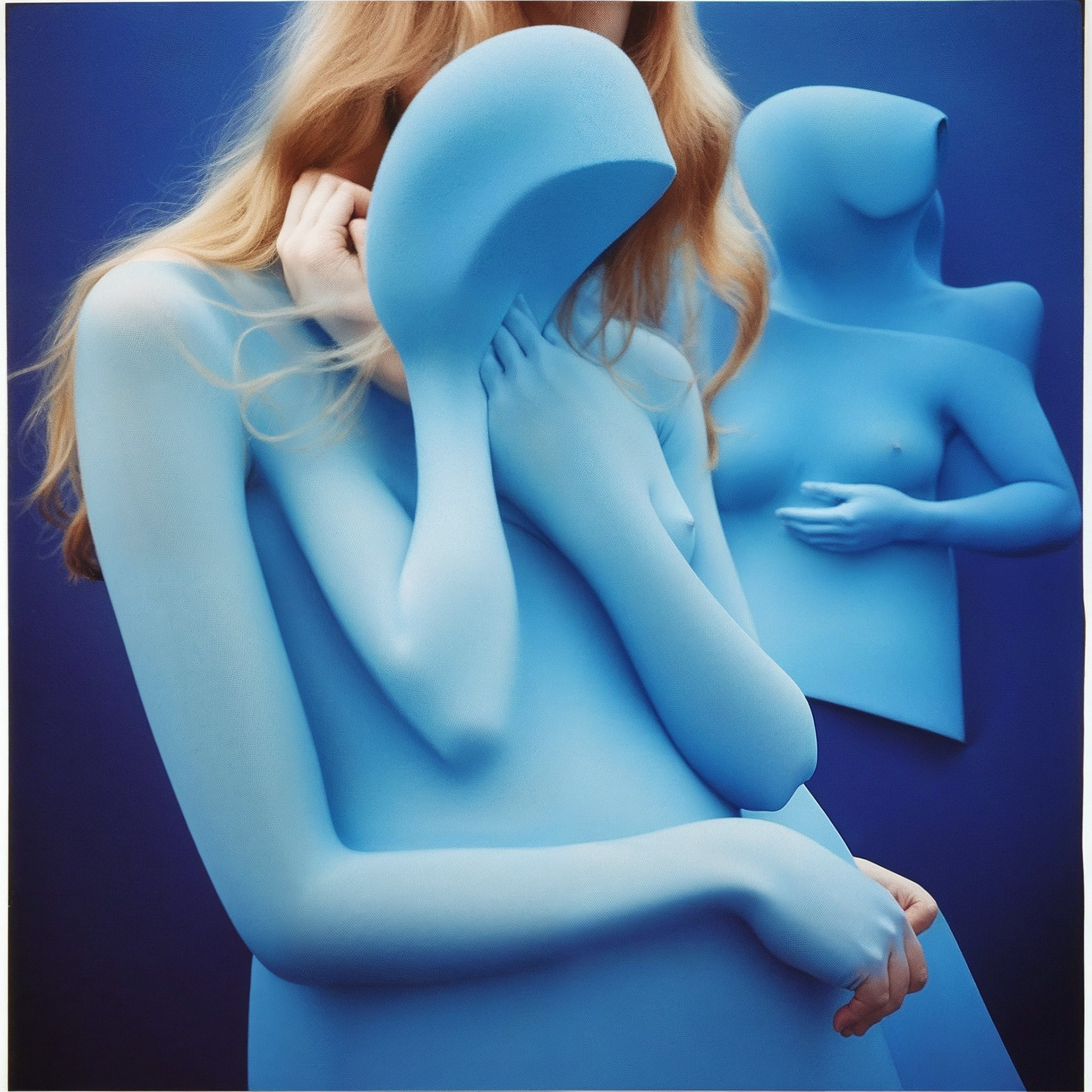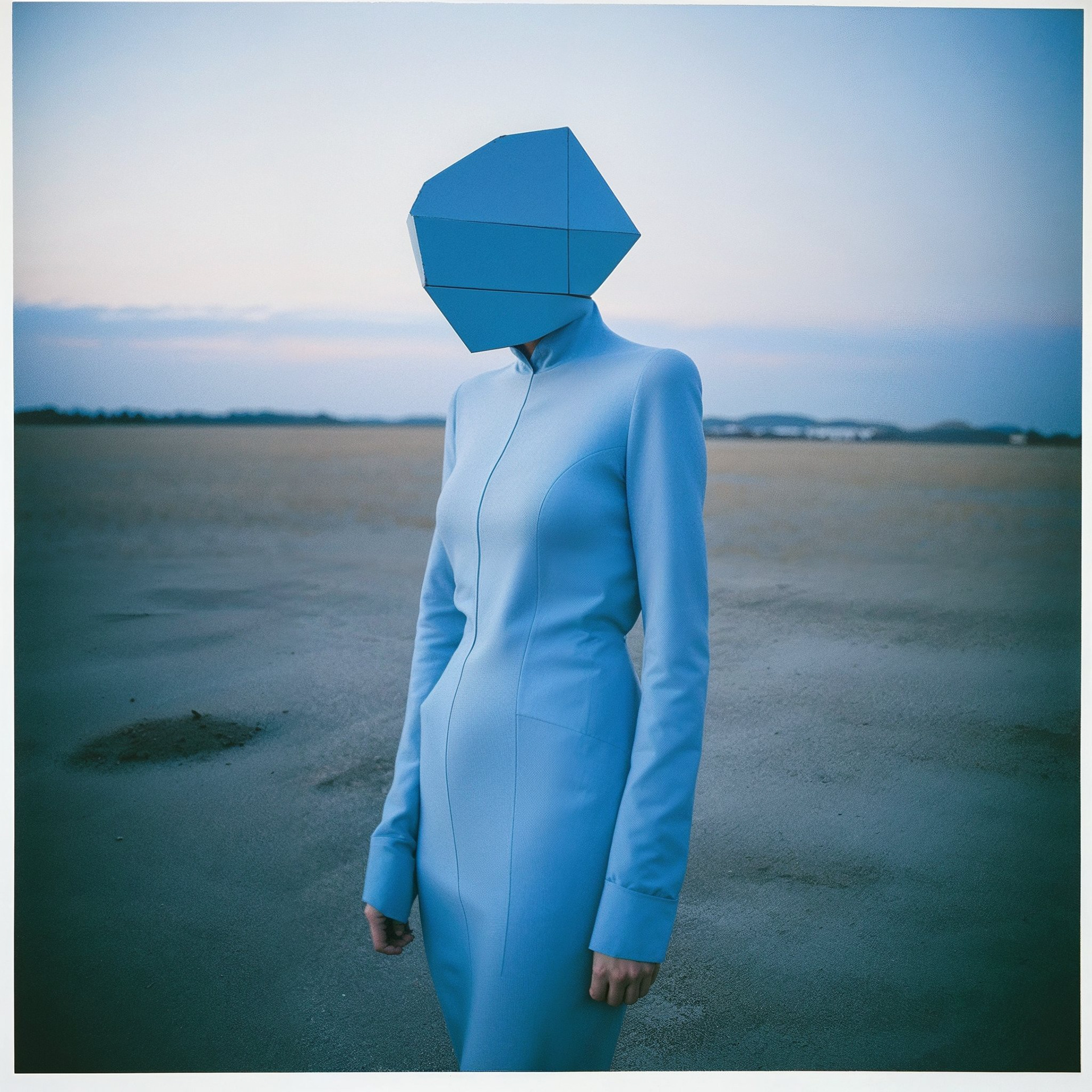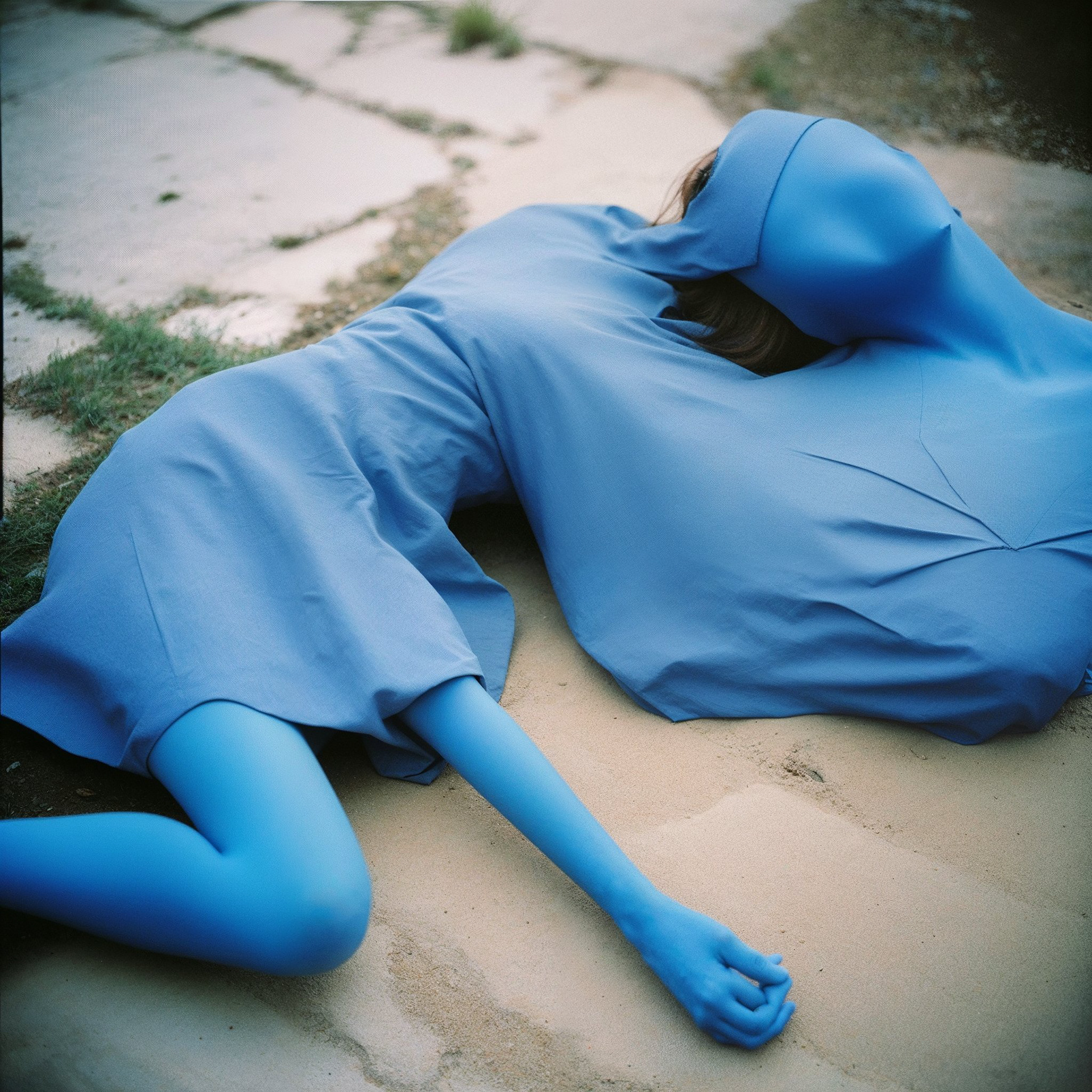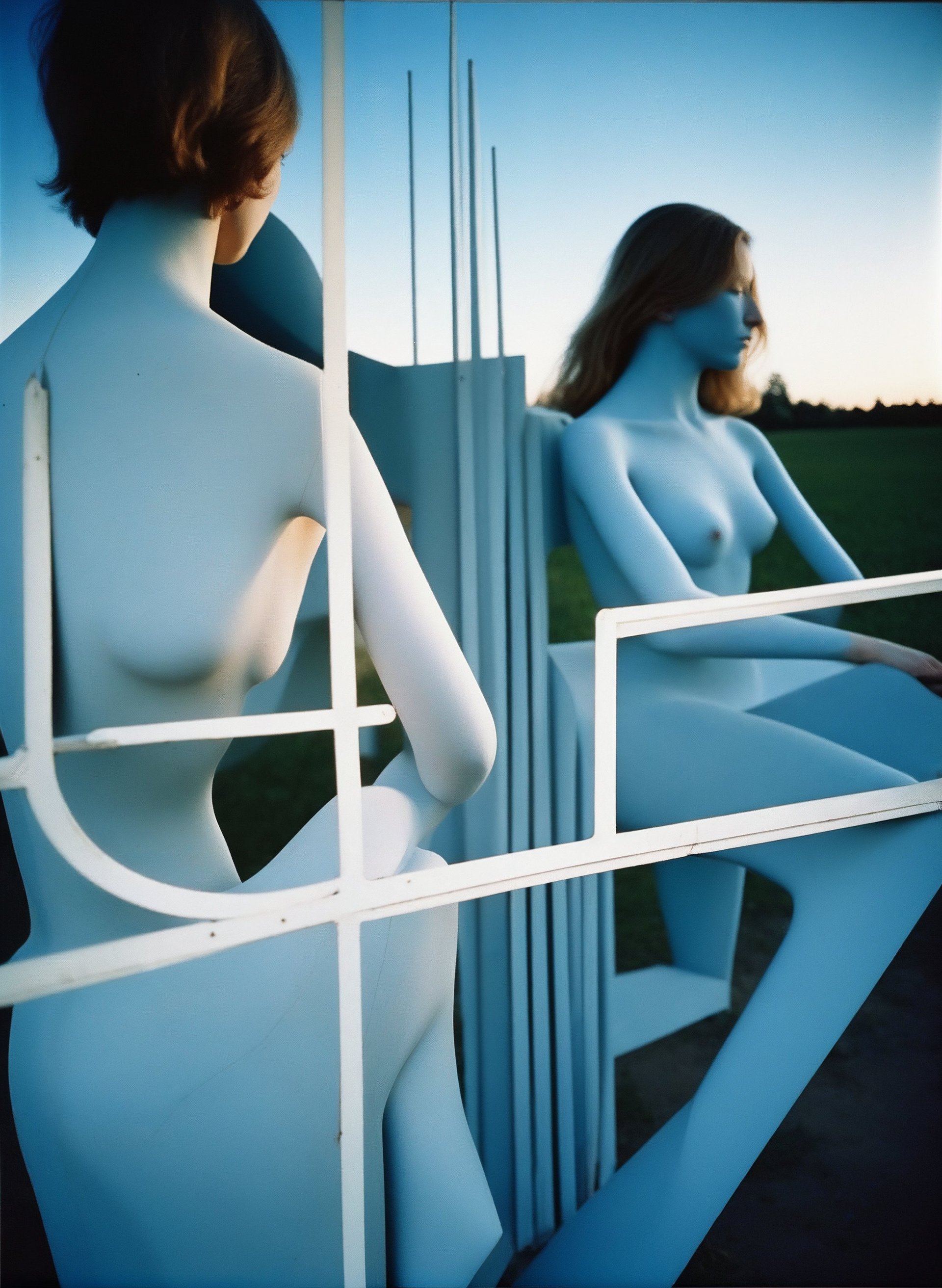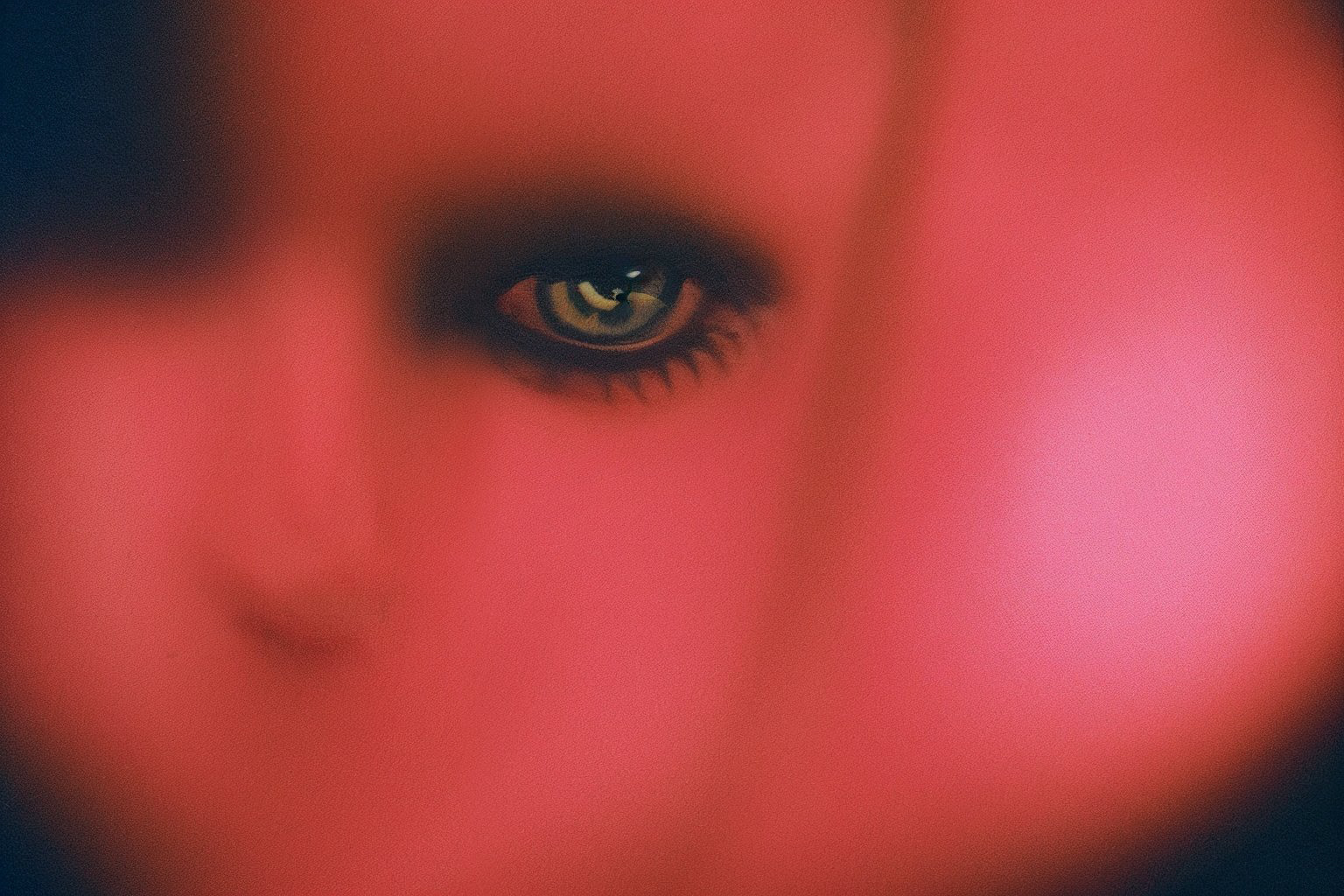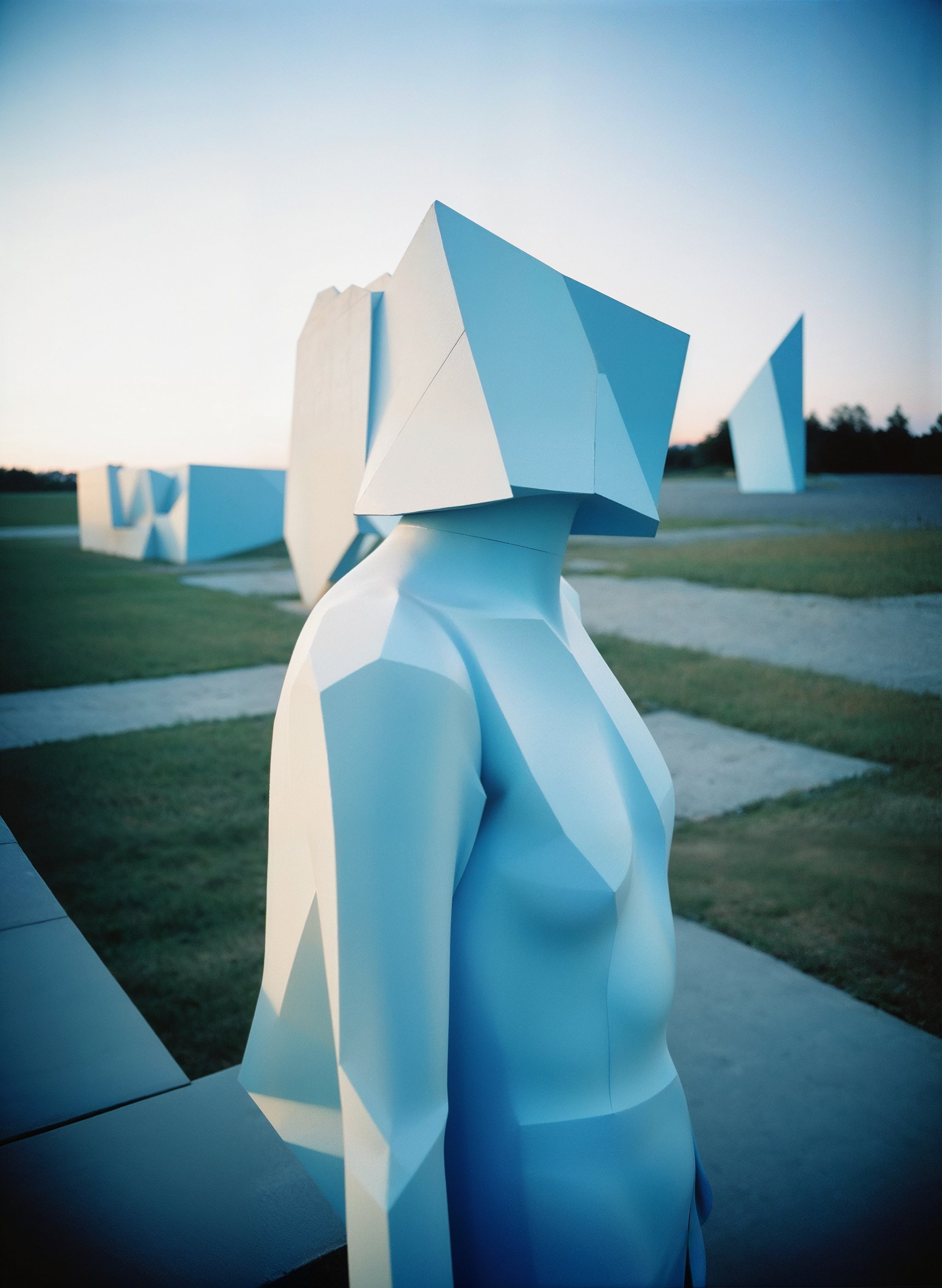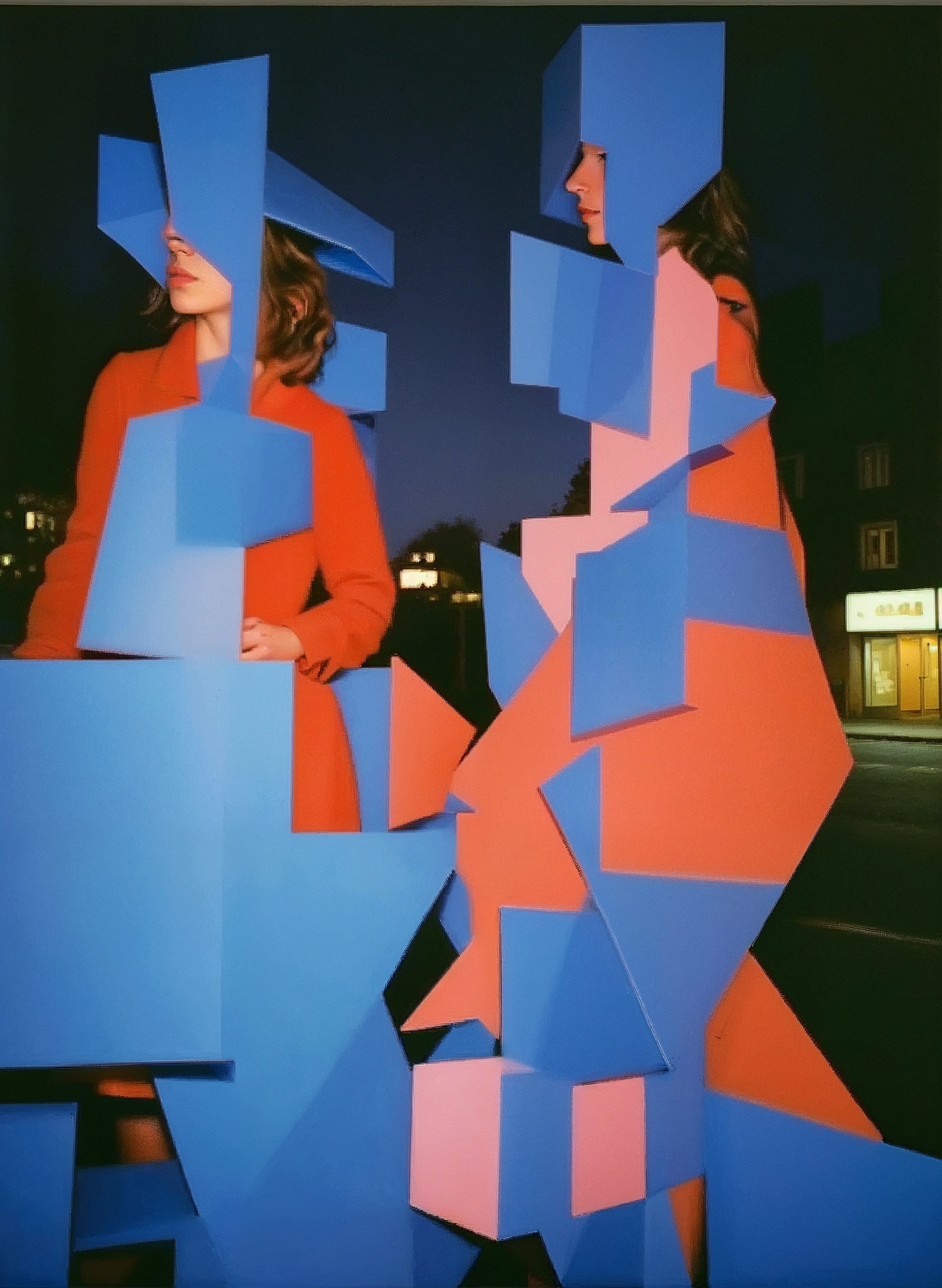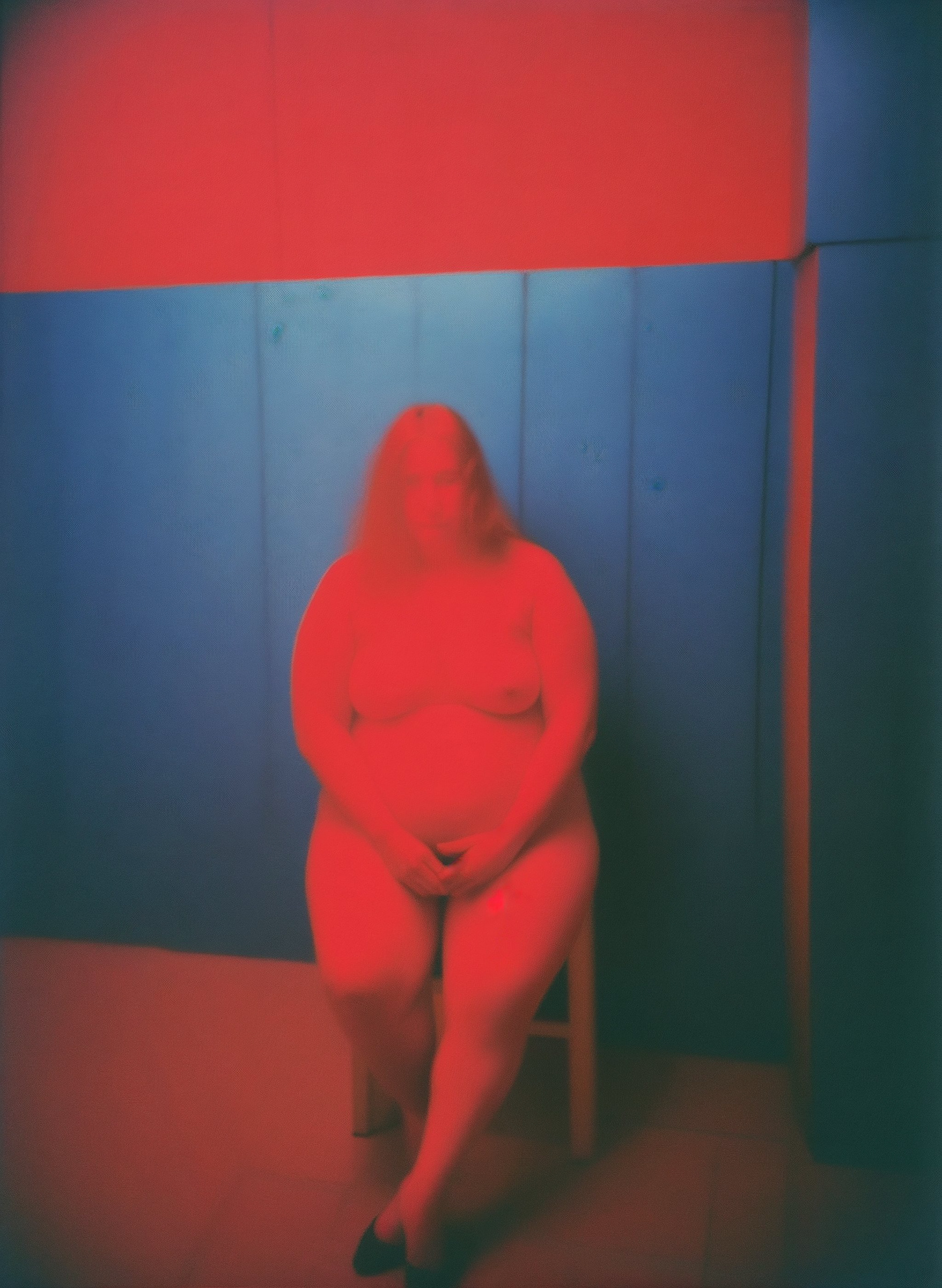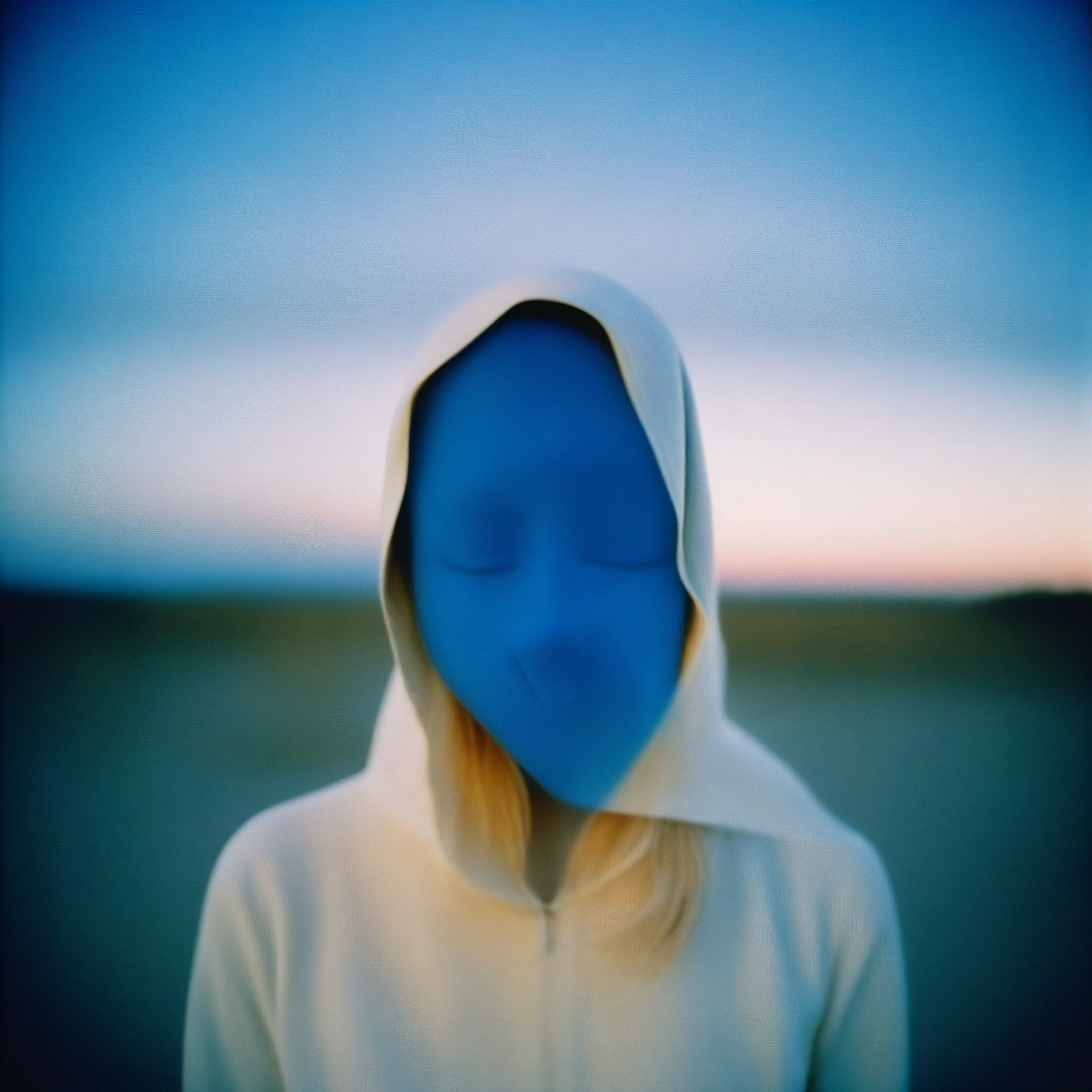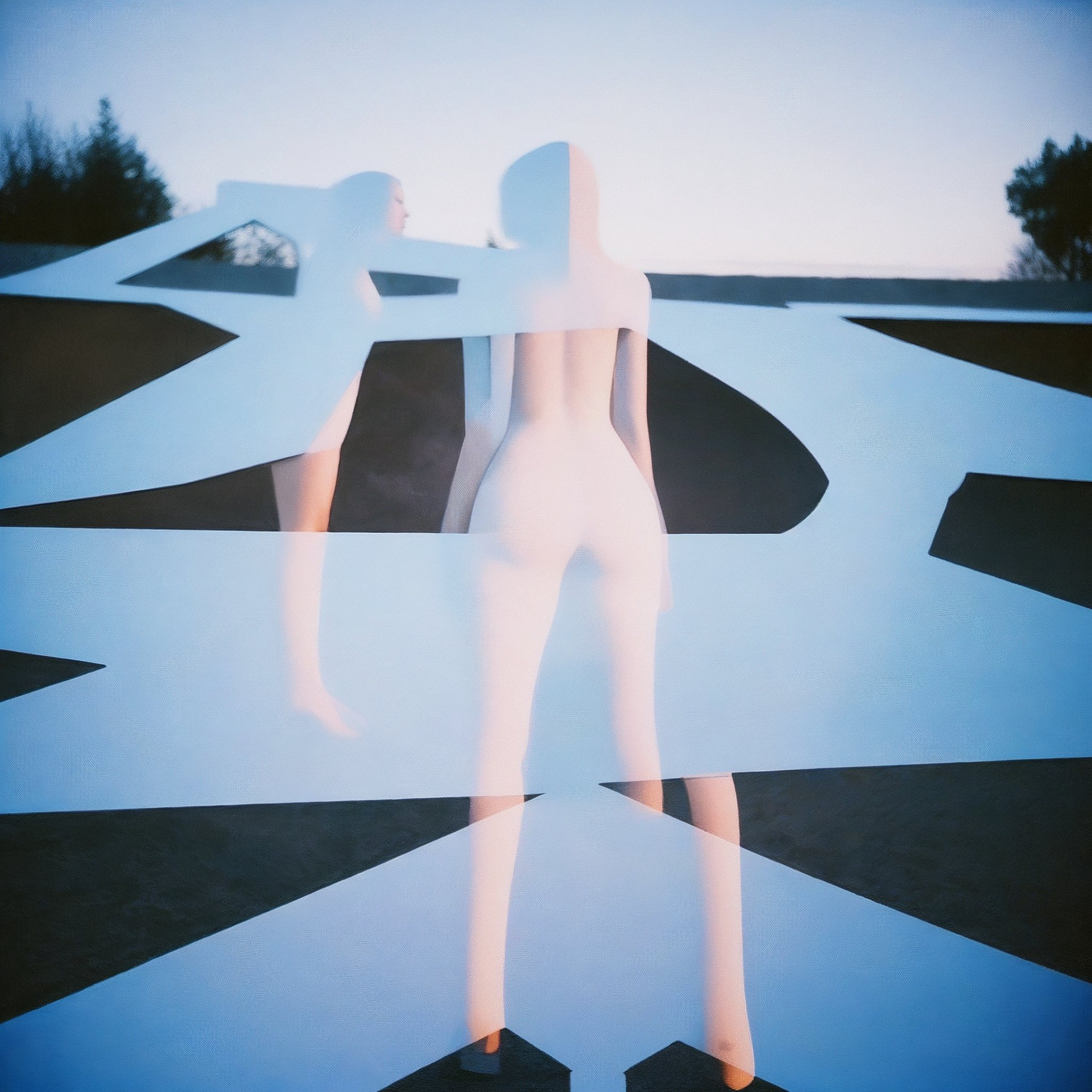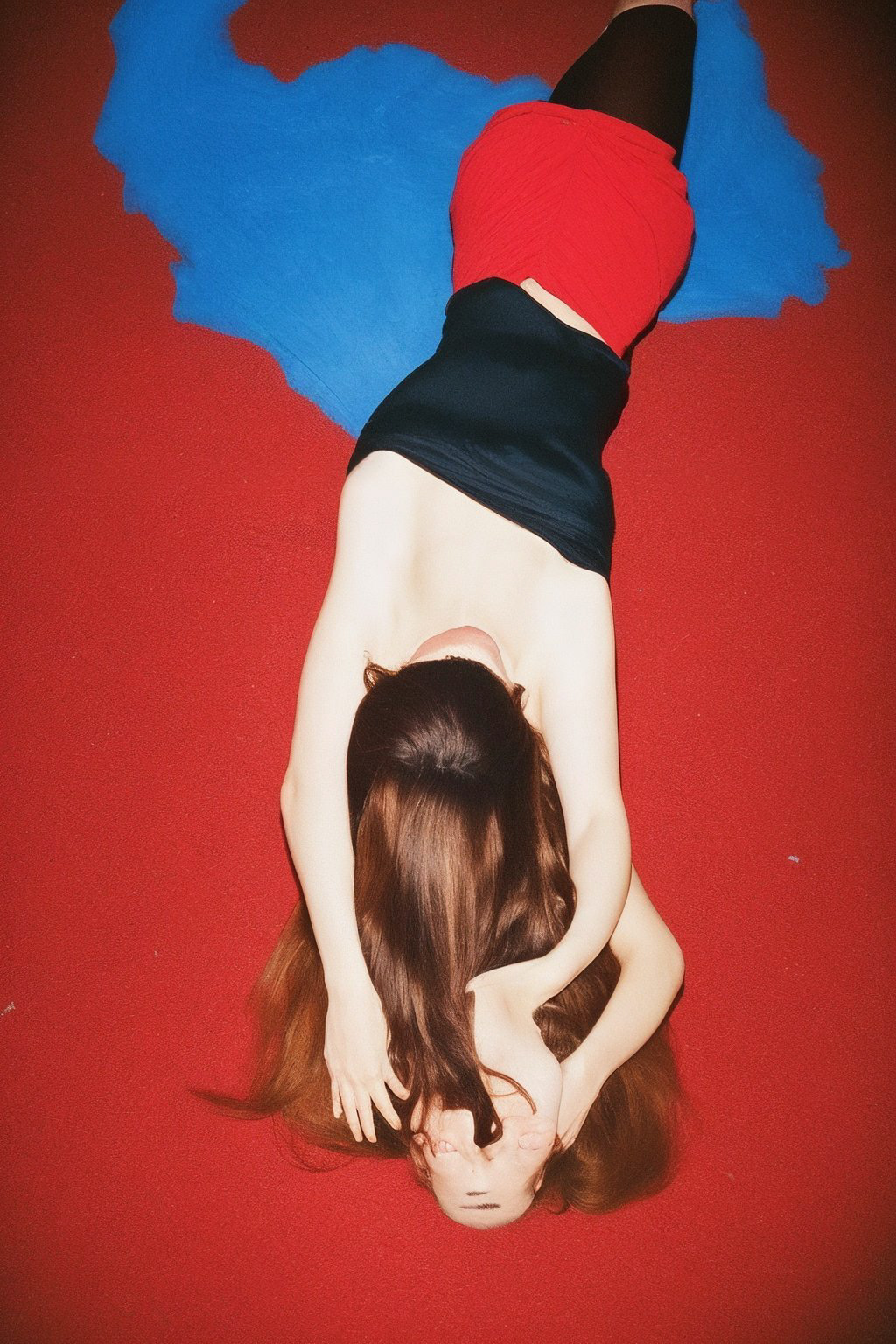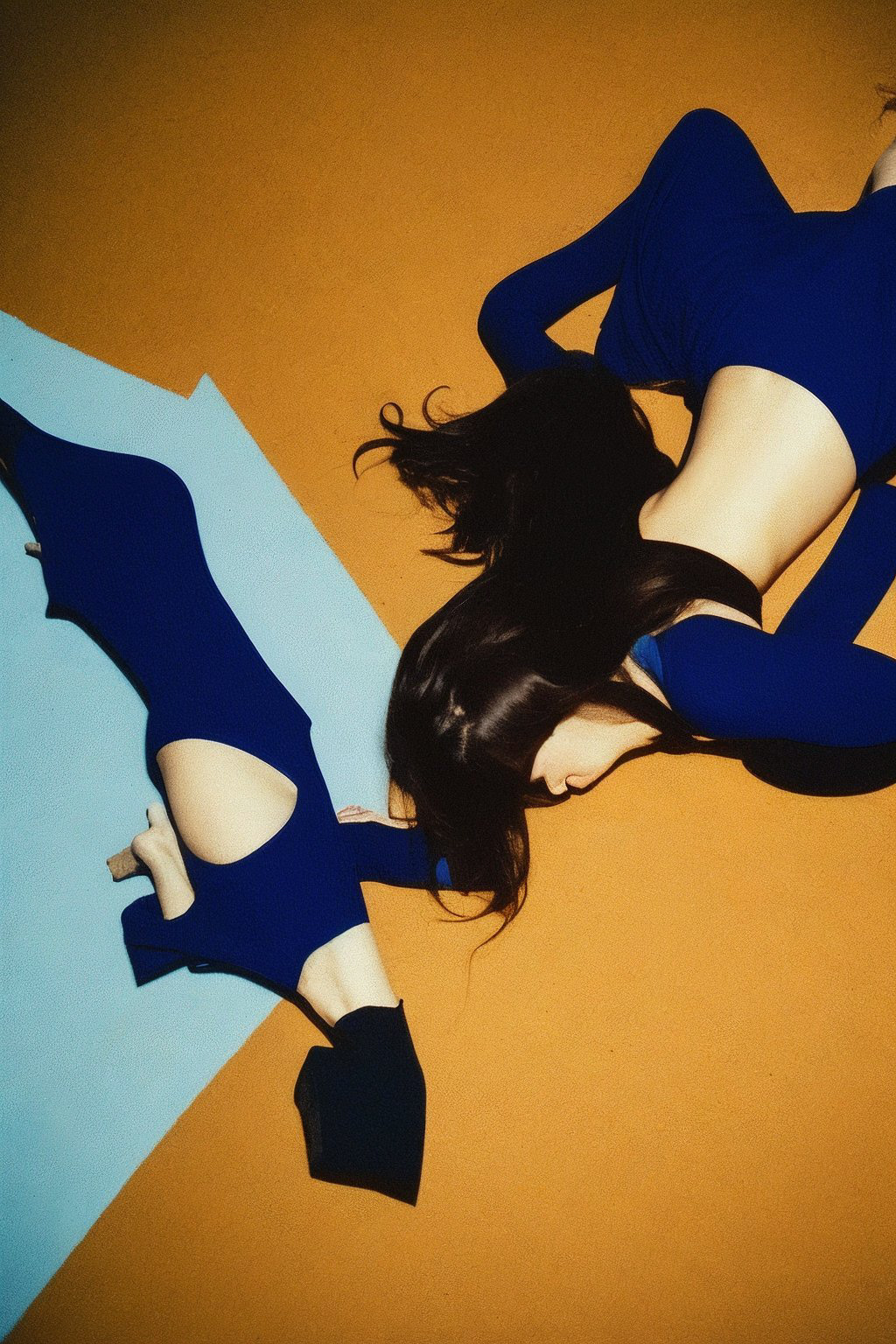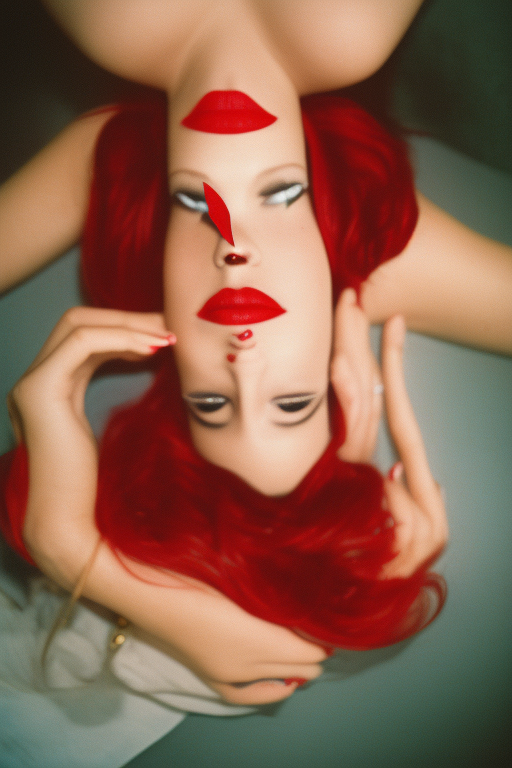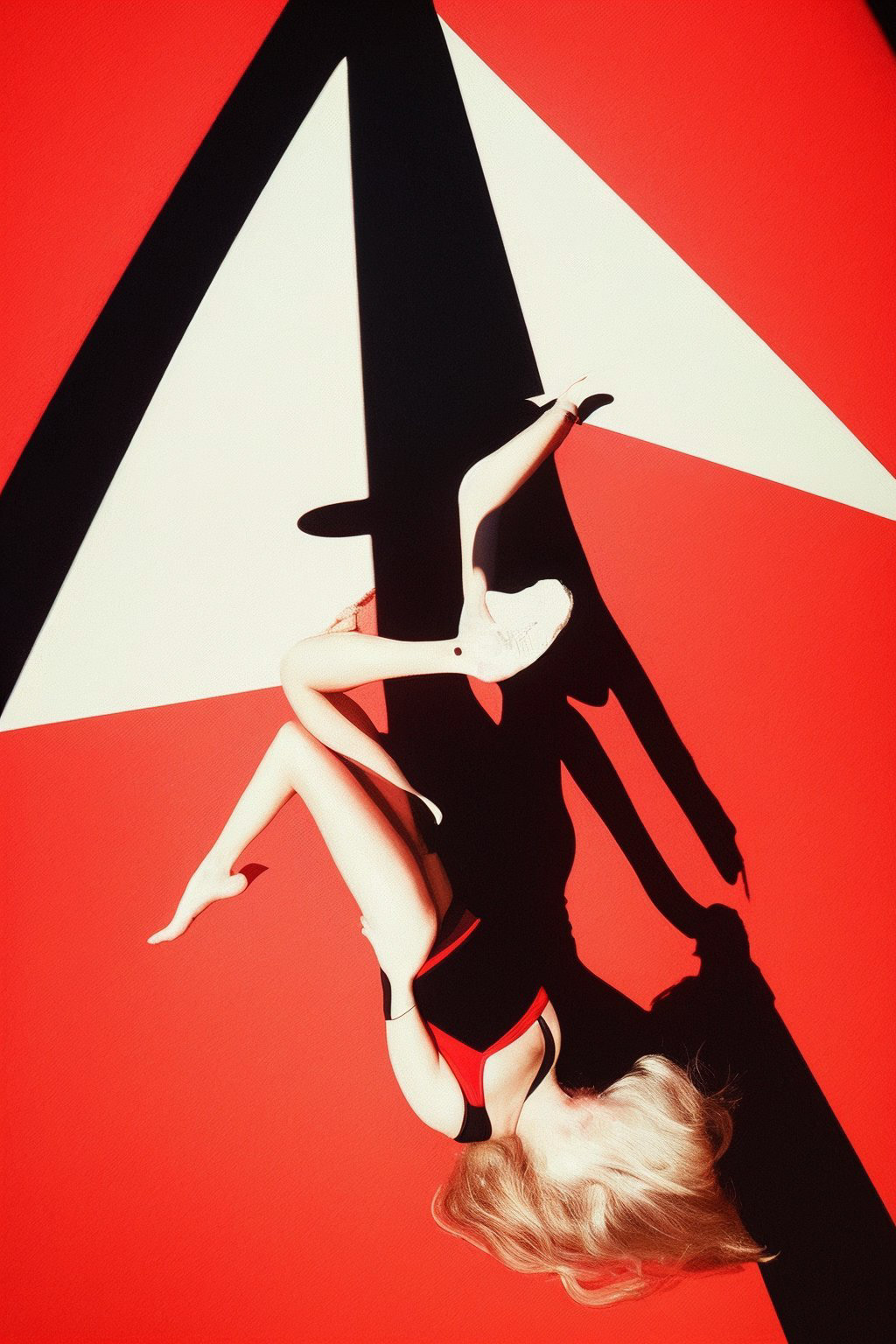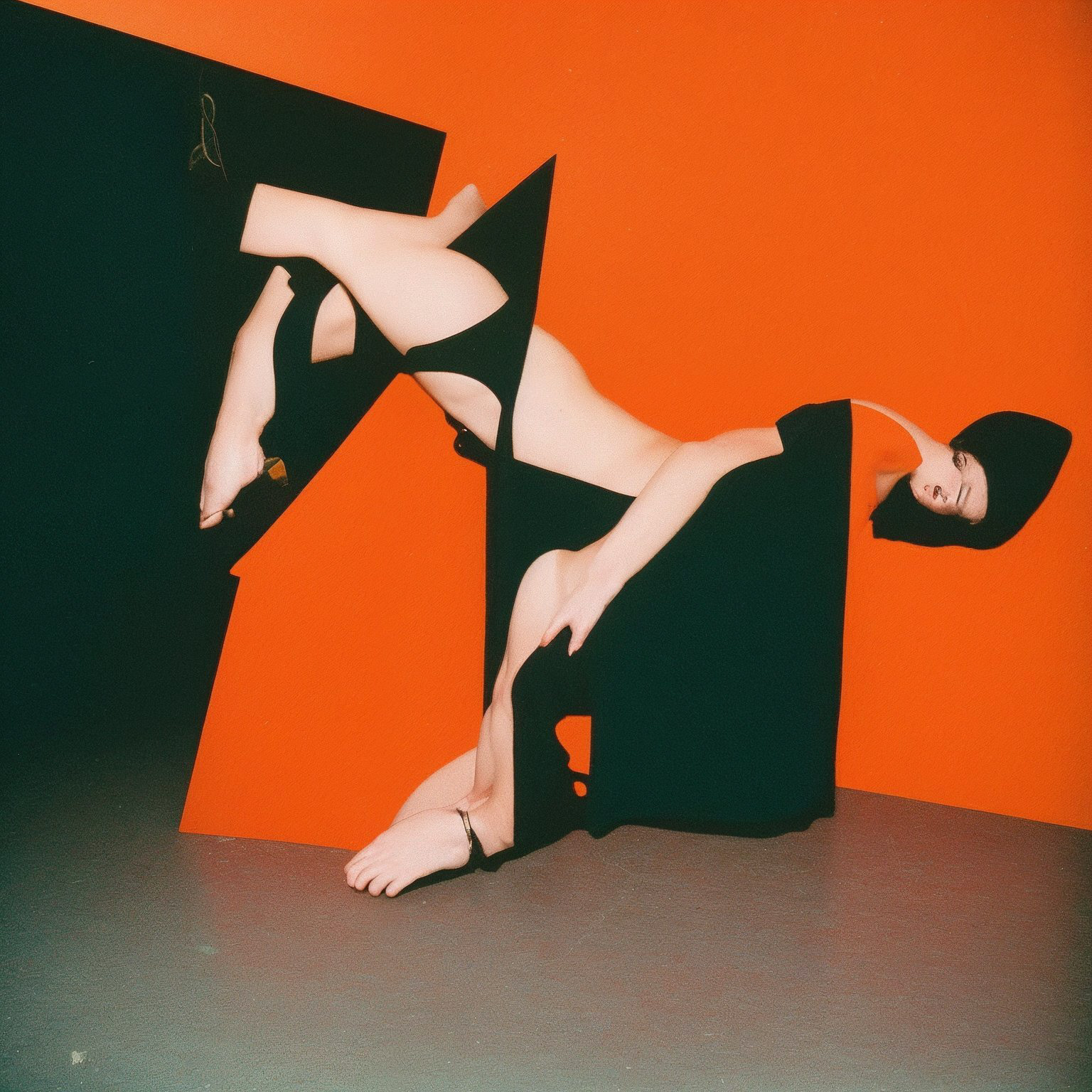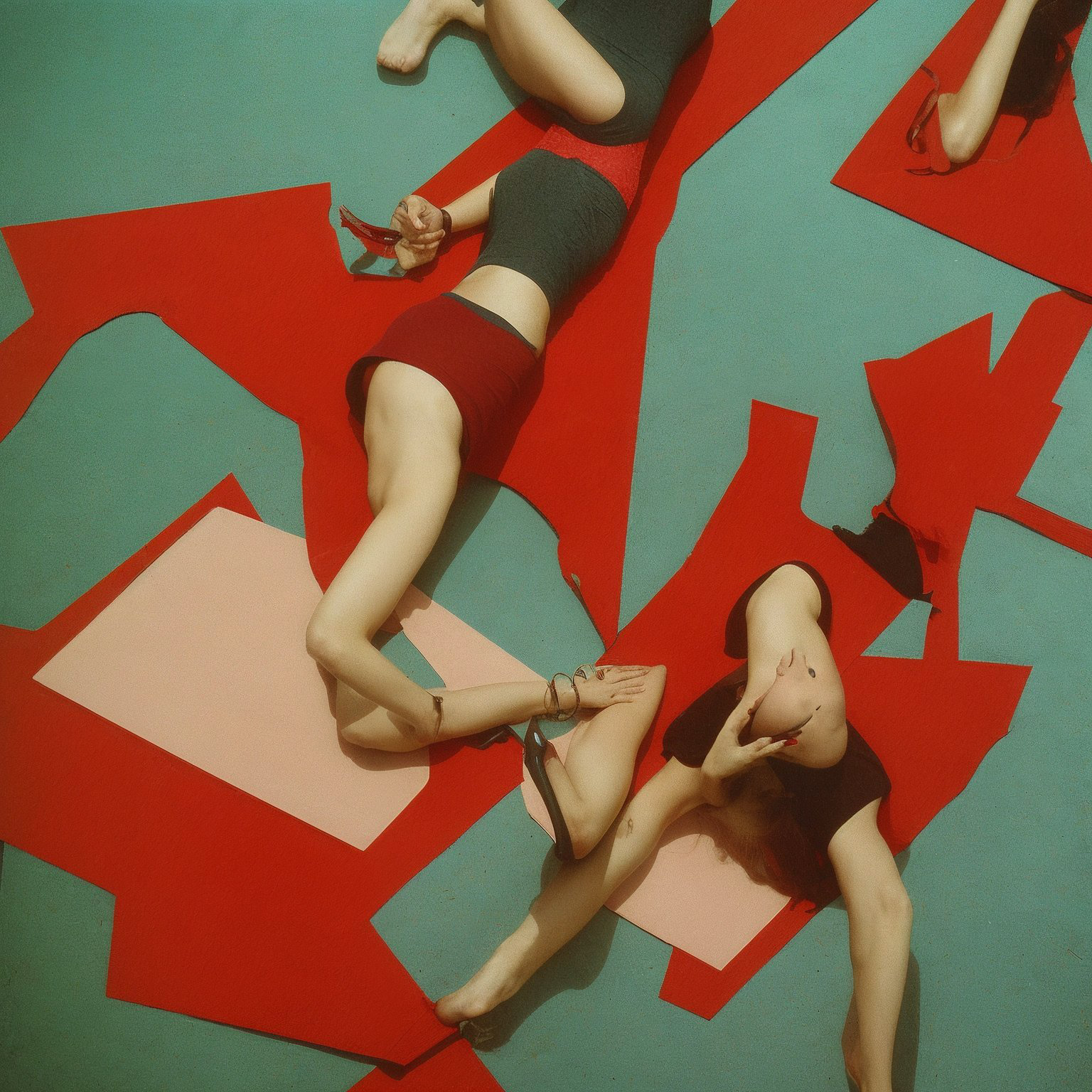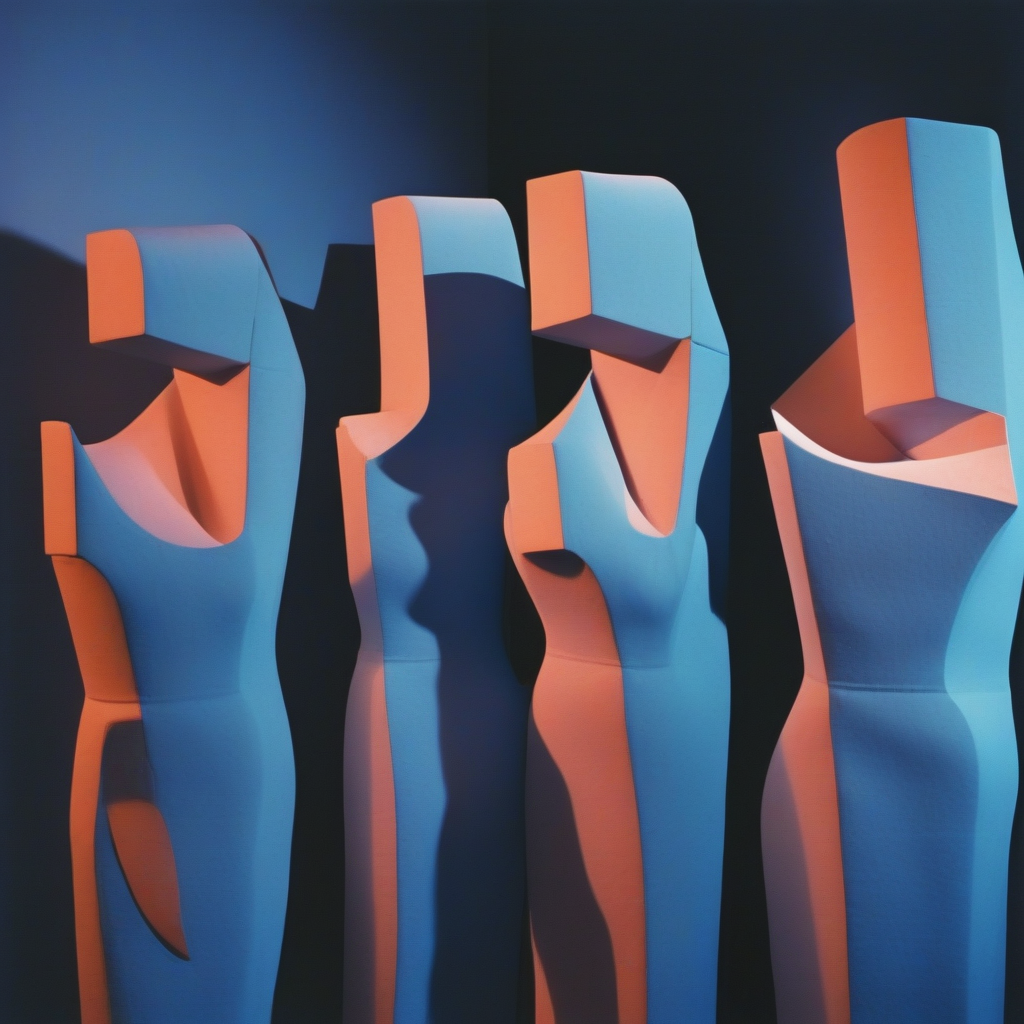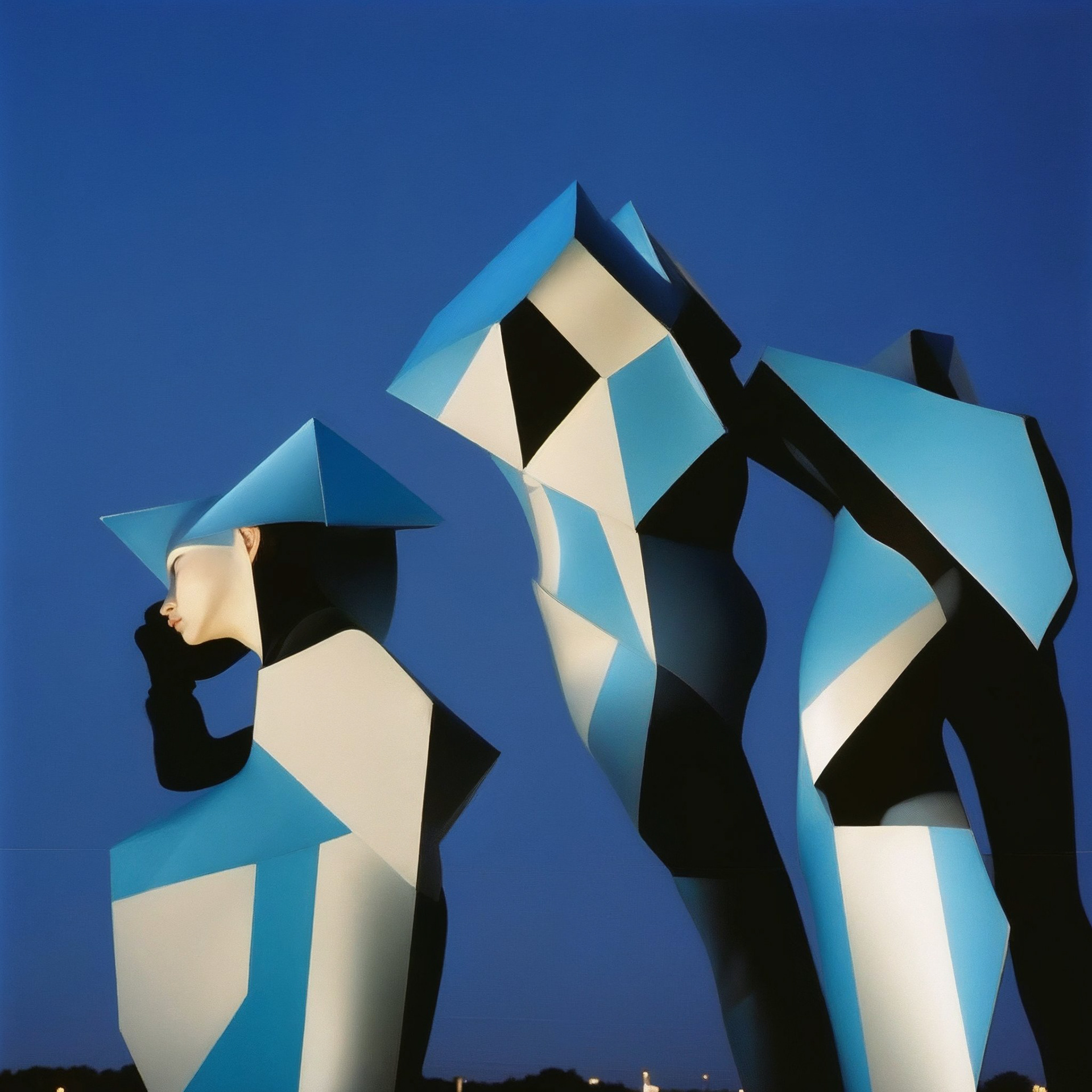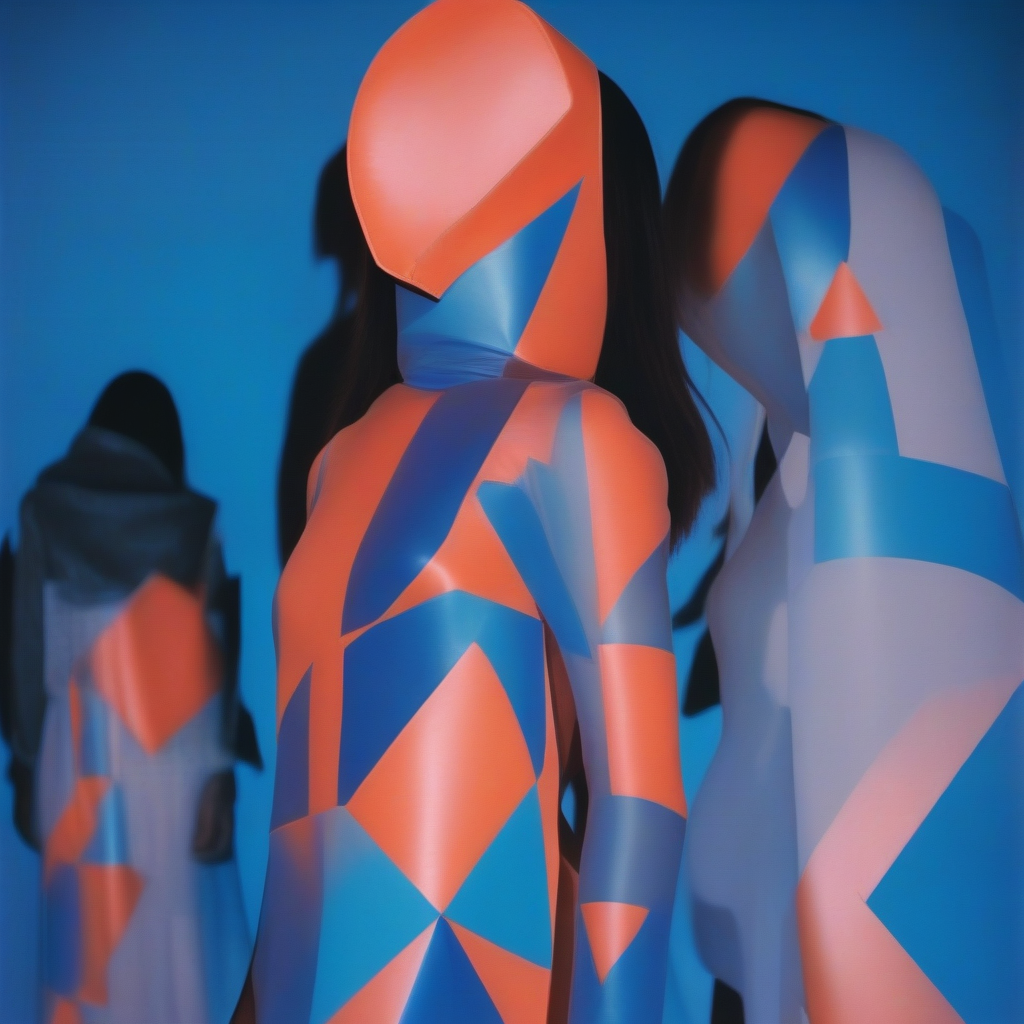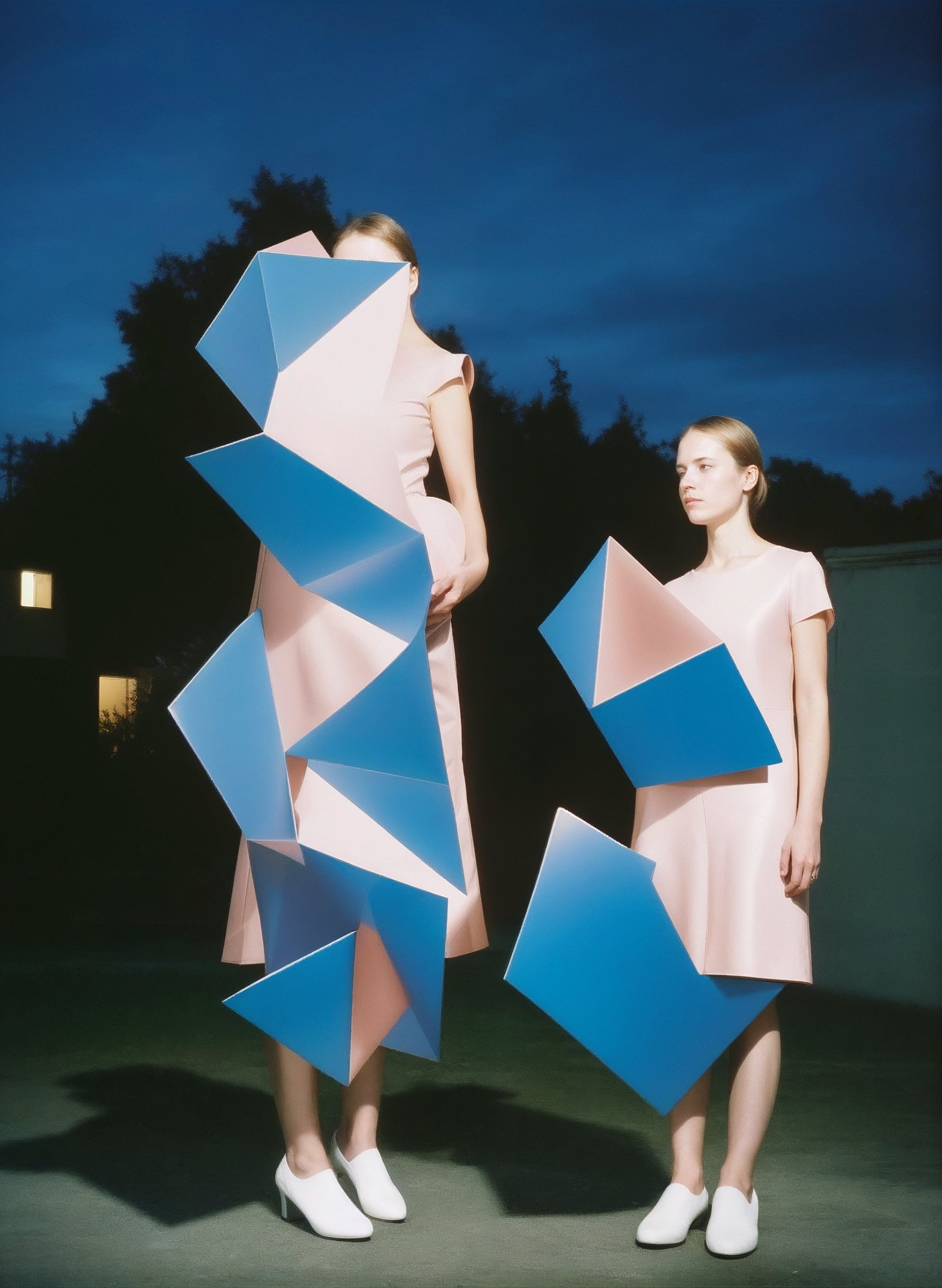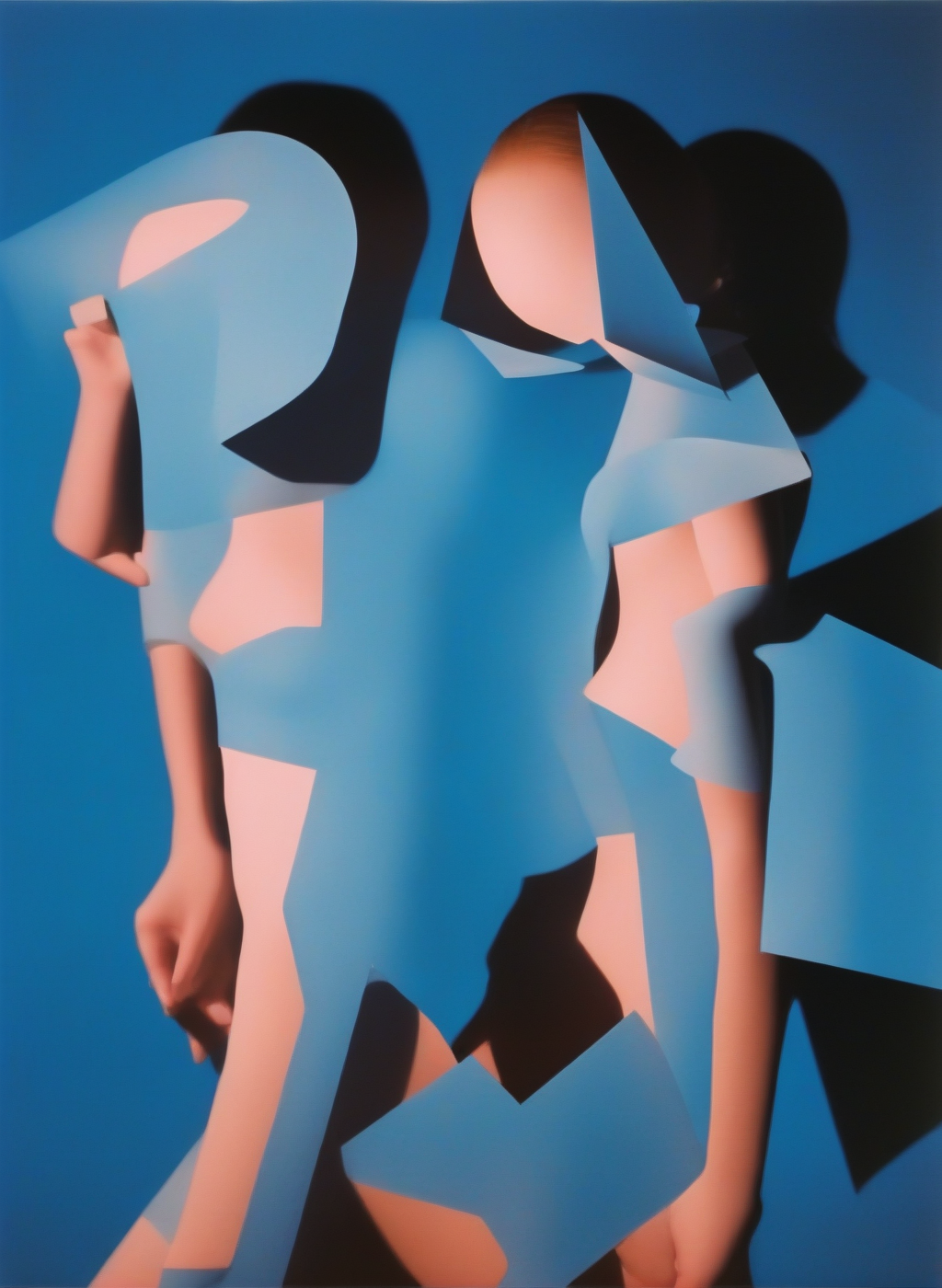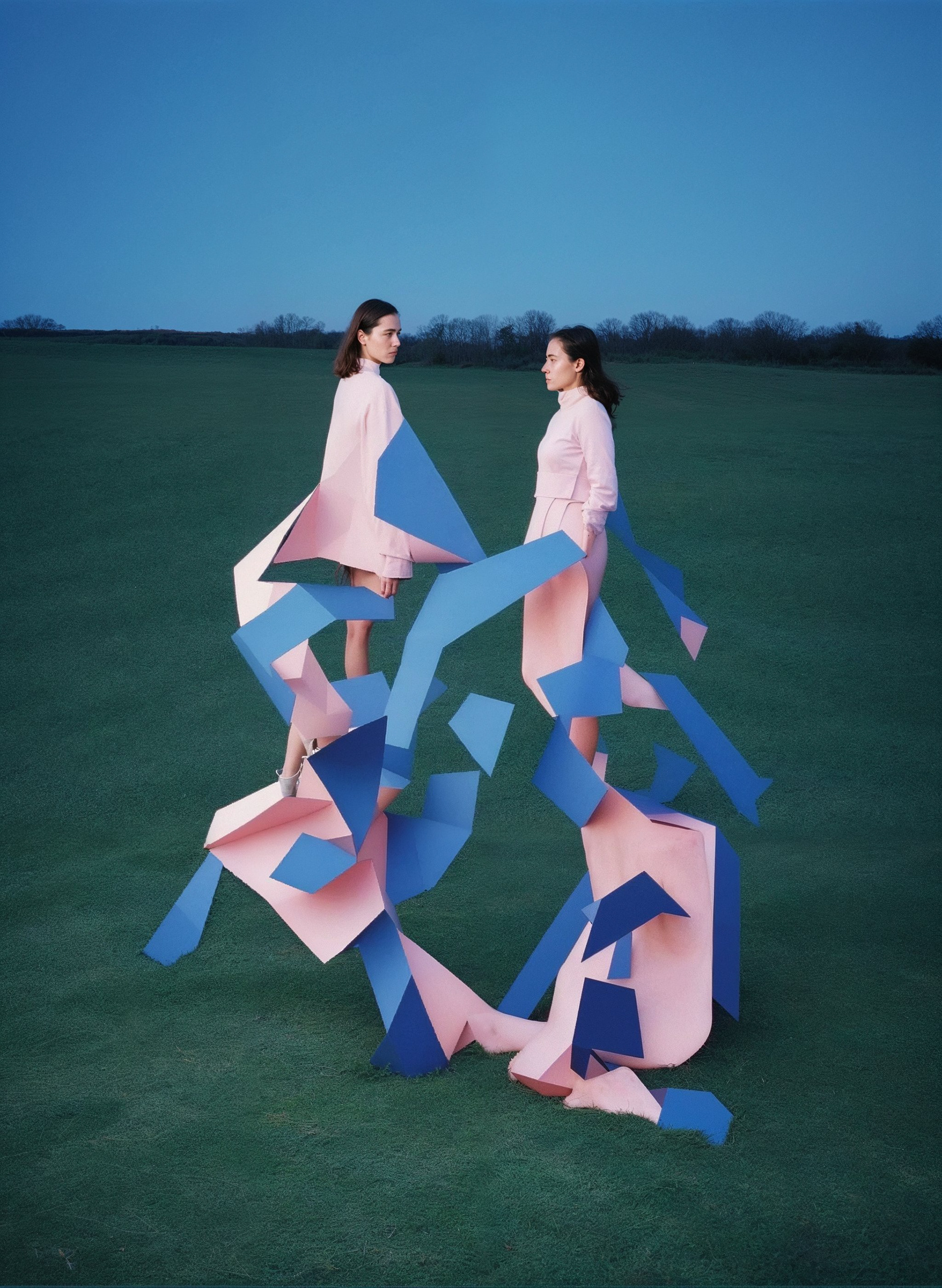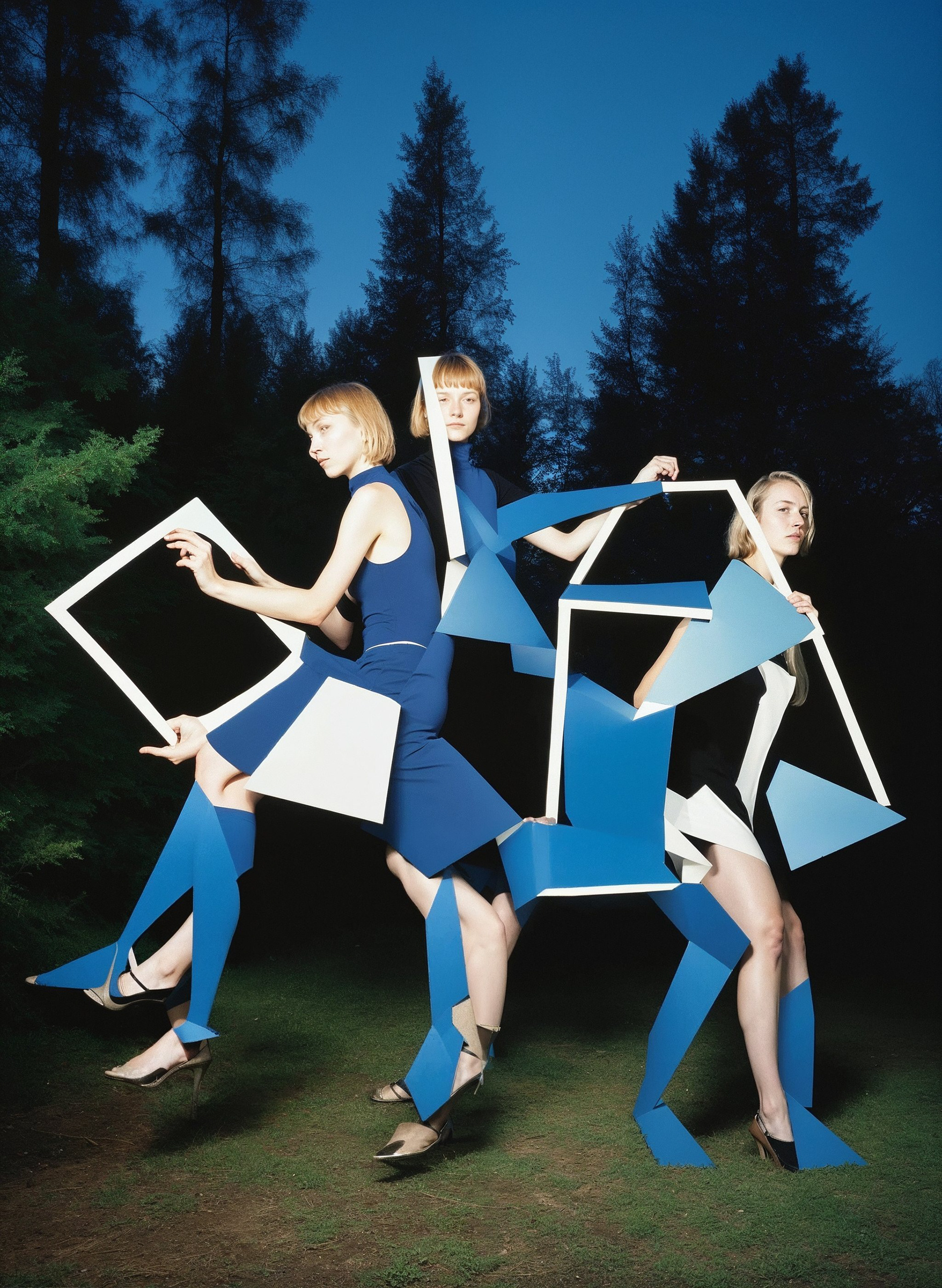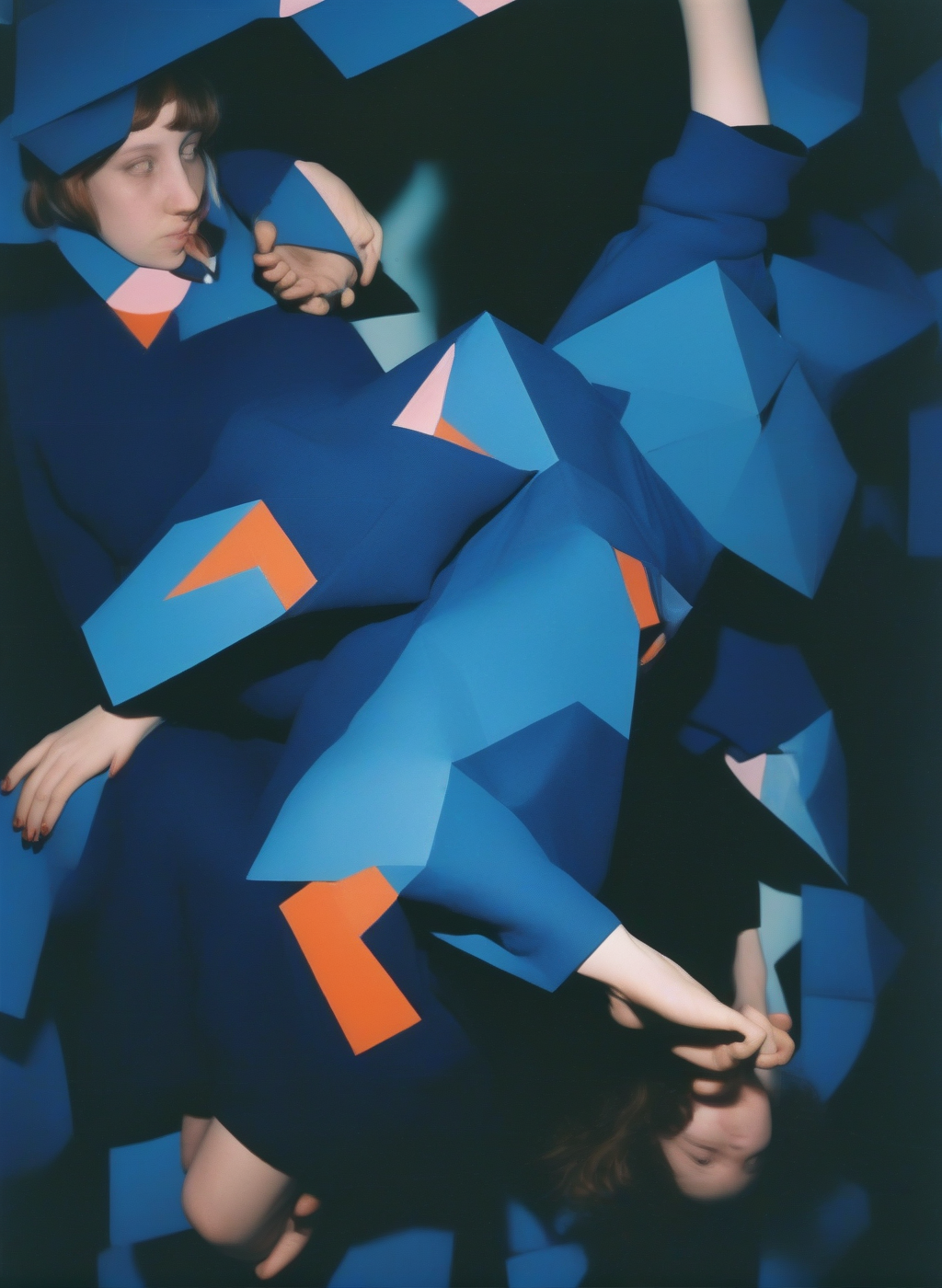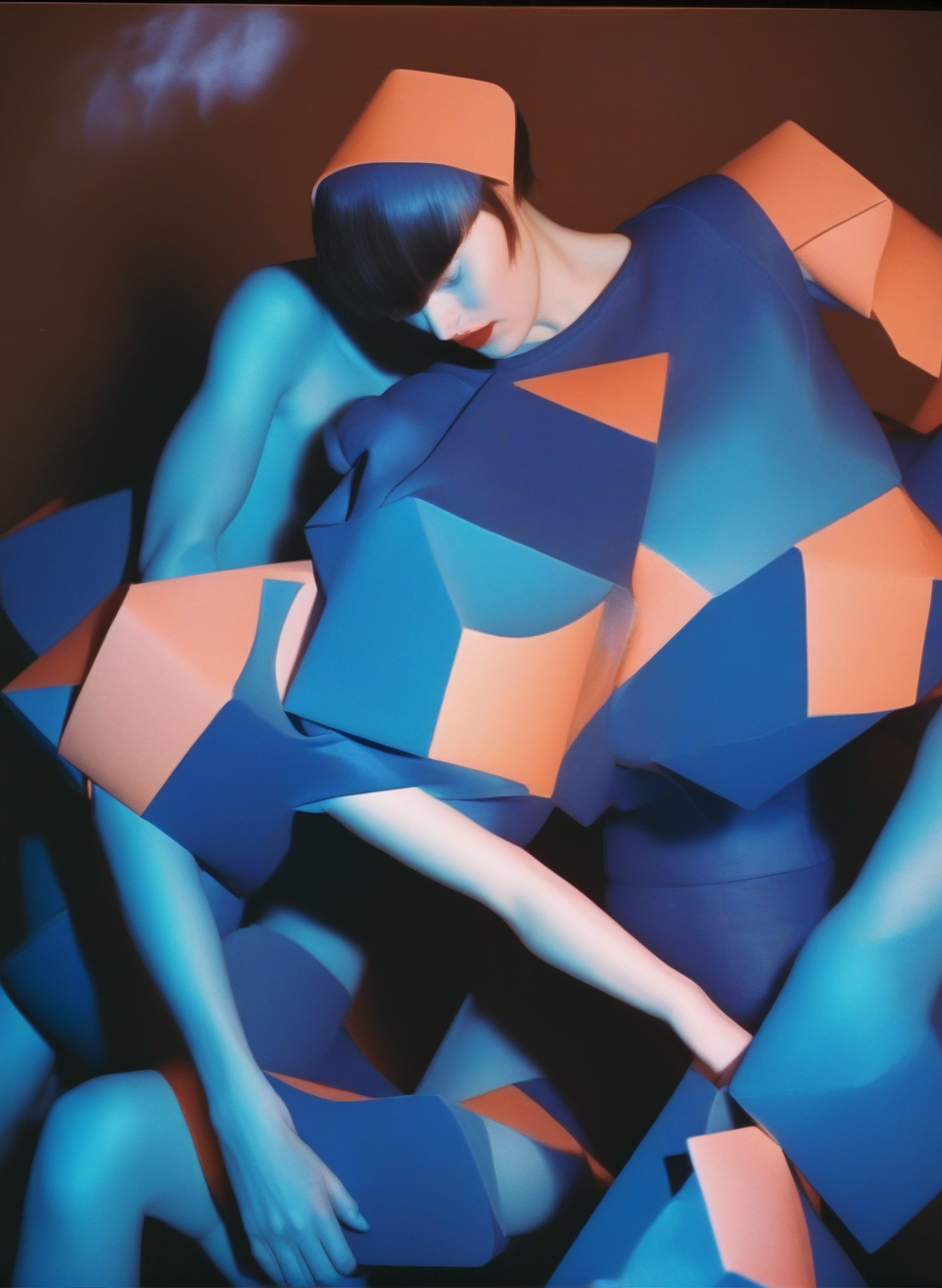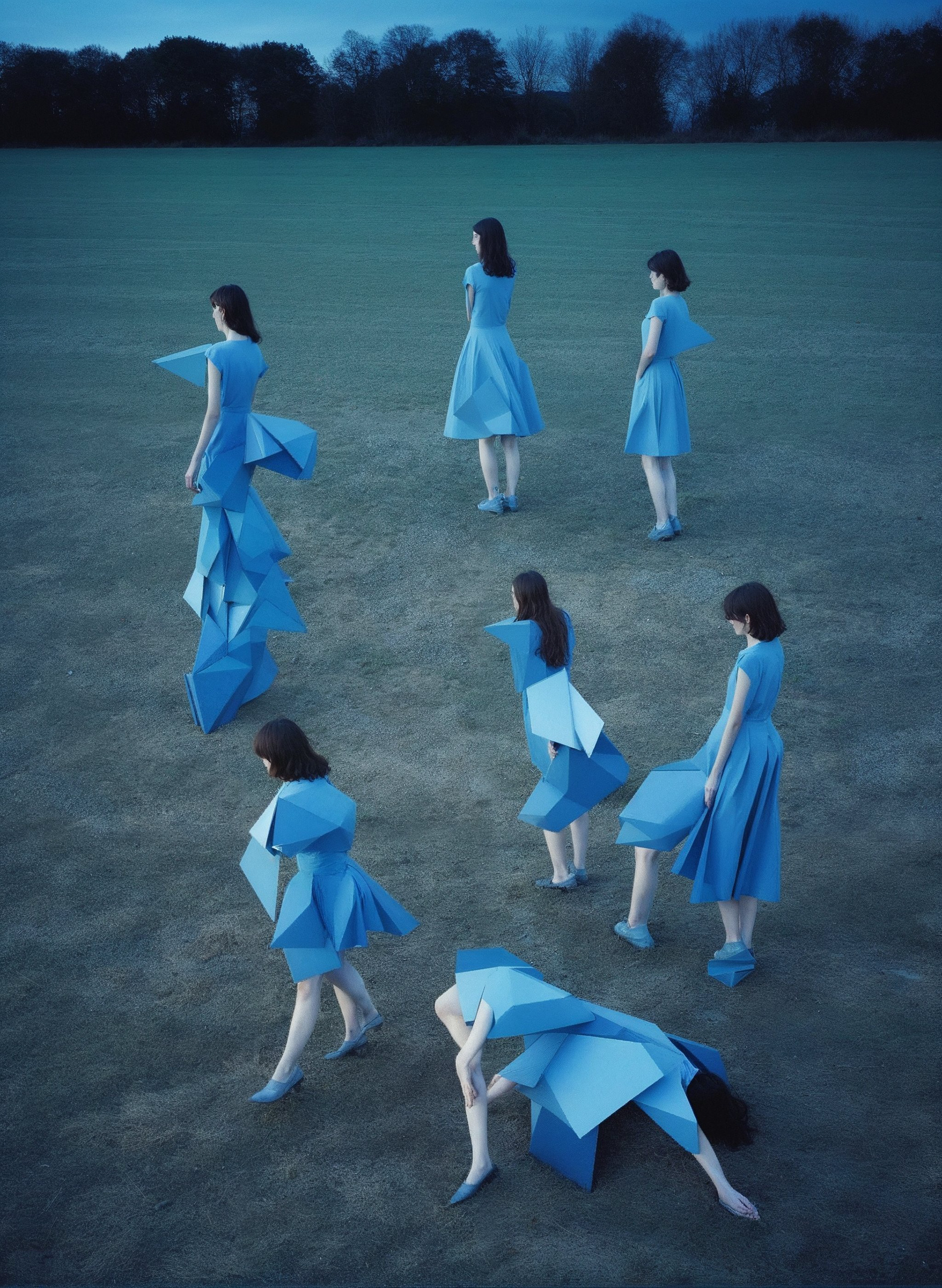"UnBeautiful" addresses the pervasive issue of female body misrepresentation in AI-generated imagery, particularly within large community-developed models that often depict women in excessively sexualized and fetishized manners, reflecting a narrow, male-dominated perspective. On platforms like civitai.com, approximately 80% of community-trained models showcase nudity or suggestive forms. The project seeks to reclaim the portrayal of women's bodies, embracing their less idealized aspects and advocating for the acceptance of imperfections.
At its core, "UnBeautiful" aims to critique and challenge the way AI models represent the female form, pushing against the stereotypes and unrealistic standards. By using finetuned diffusion models trained on artist's personal collection of analog photos, this work confronts these synthetic beauties and artificial deformities head-on. Presenting distorted images of women with intentional glitches, it seeks to underline the semi-authentic documentary value of its imagery, encouraging viewers to rethink the beauty standards set by AI. The project serves as a conversation starter, questioning the impact of computer vision techniques on our understanding of gender, technology, and art.
In "UnBeautiful," women are often depicted as broken, deformed, or transformed into geometric forms, challenging the stereotypical and unrealistic expectations of beauty. The project critiques the biases towards idealized depictions prevalent in AI training fields and invites viewers to reconsider beauty standards engineered by AI. This exploration serves as a critical commentary on gender, technology, and art, highlighting the subjective nature of beauty within digital spaces and questioning the ethics and impact of computer vision techniques. By representing these flaws through AI glitches, it highlights the beauty in what's real, challenging the unrealistic expectations created by a world immersed in digital alterations. The project invites us to reconsider how female bodies are depicted and seen in digital spaces, pushing for a more inclusive, realistic, and respectful representation that truly reflects the diversity and complexity of female experiences.
Project was published as part of the Post Photographic Perspectives III by Fellowship curated by photographer Alejandro Cartagena.
